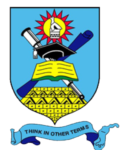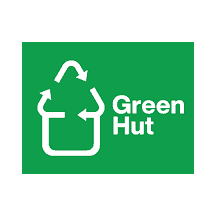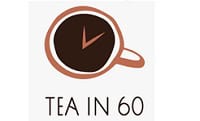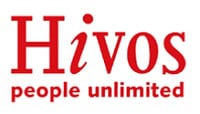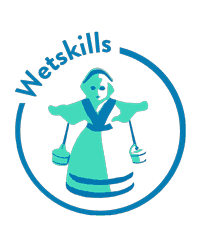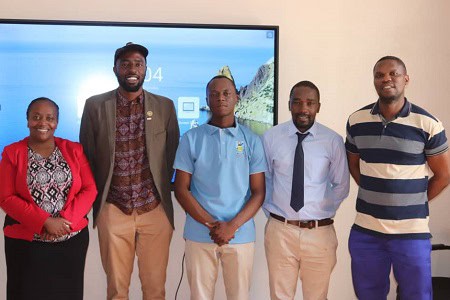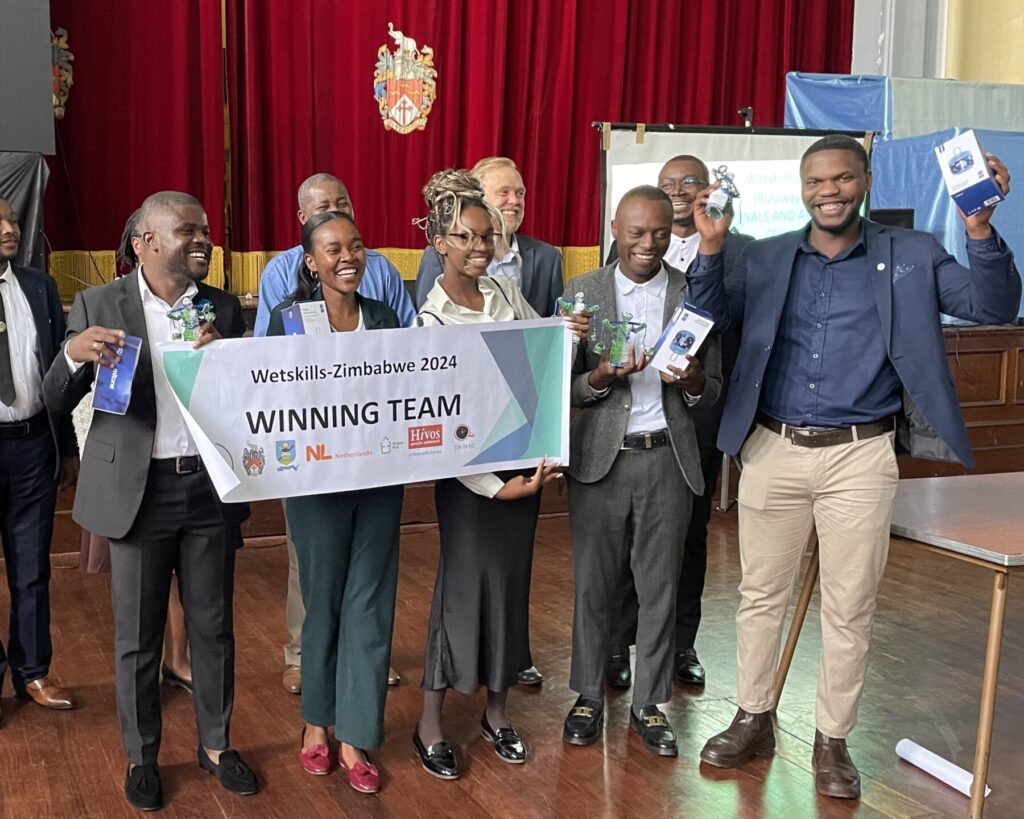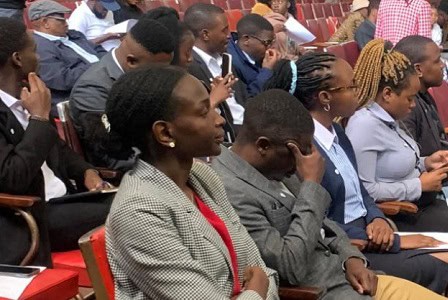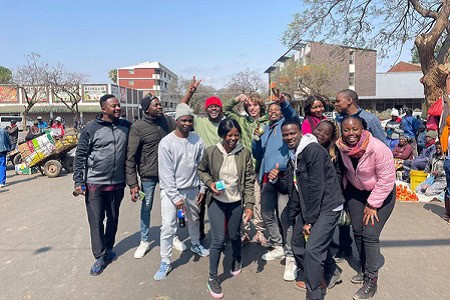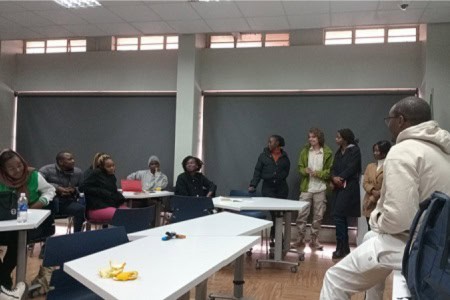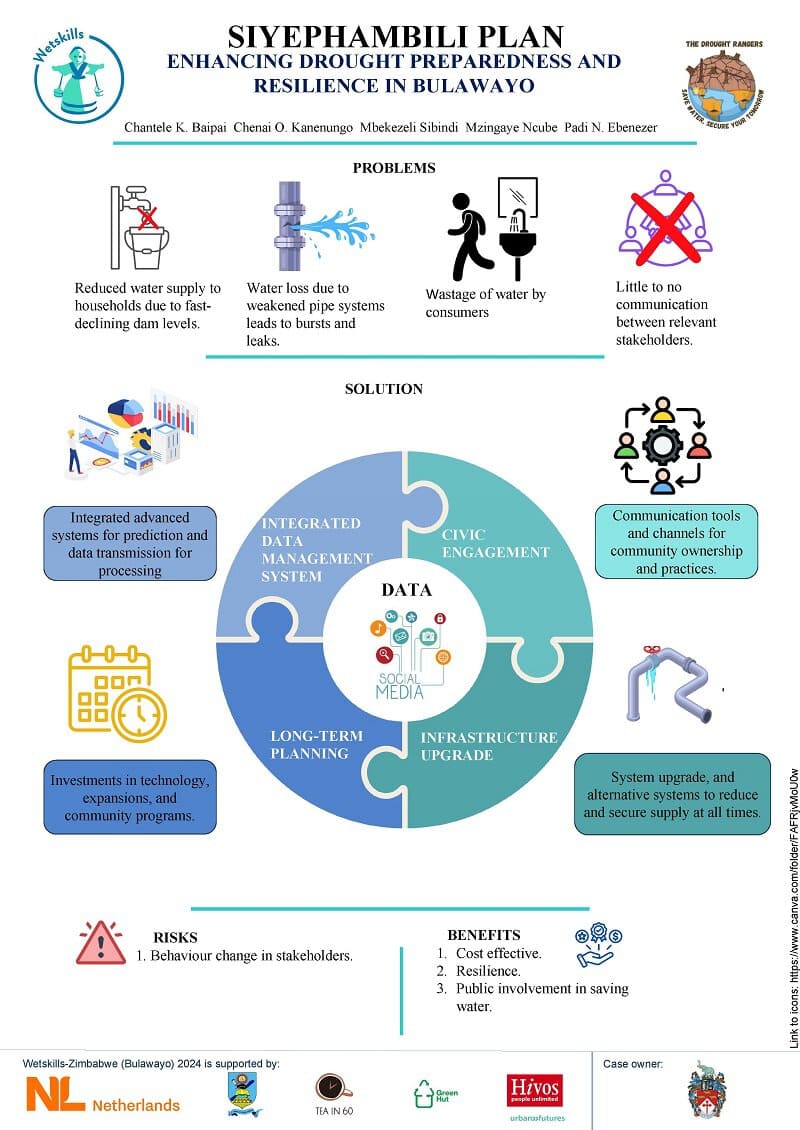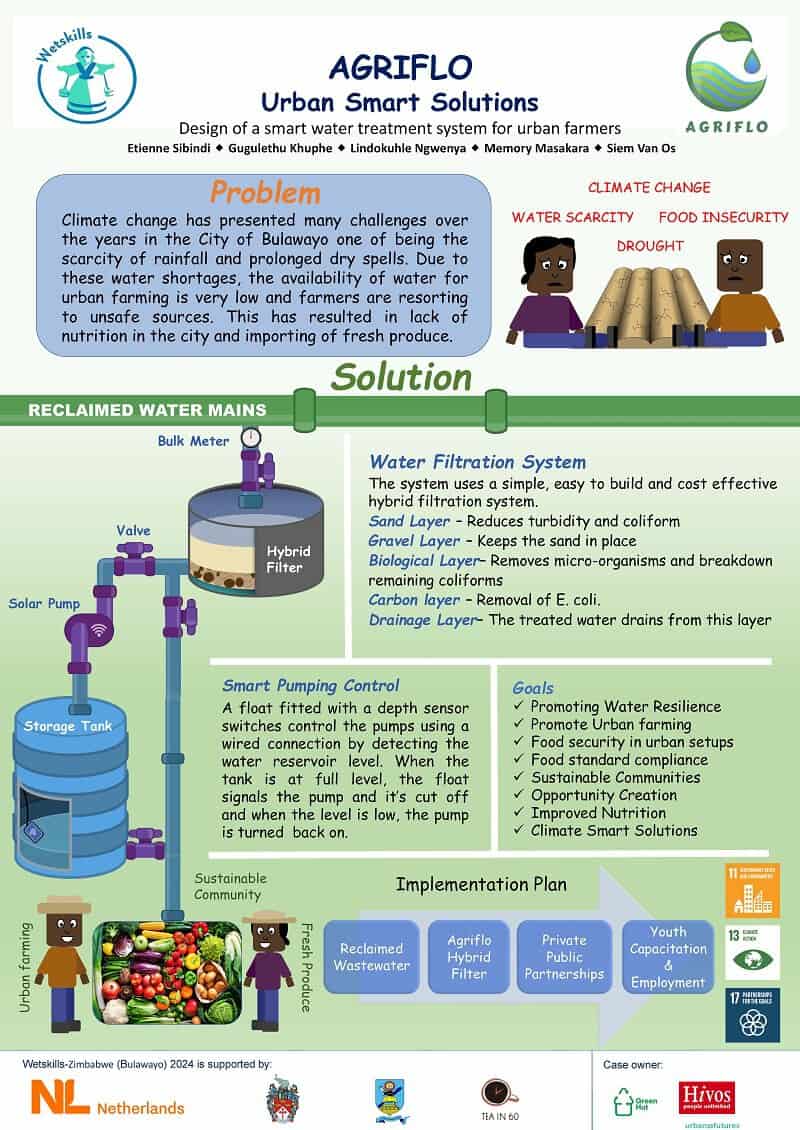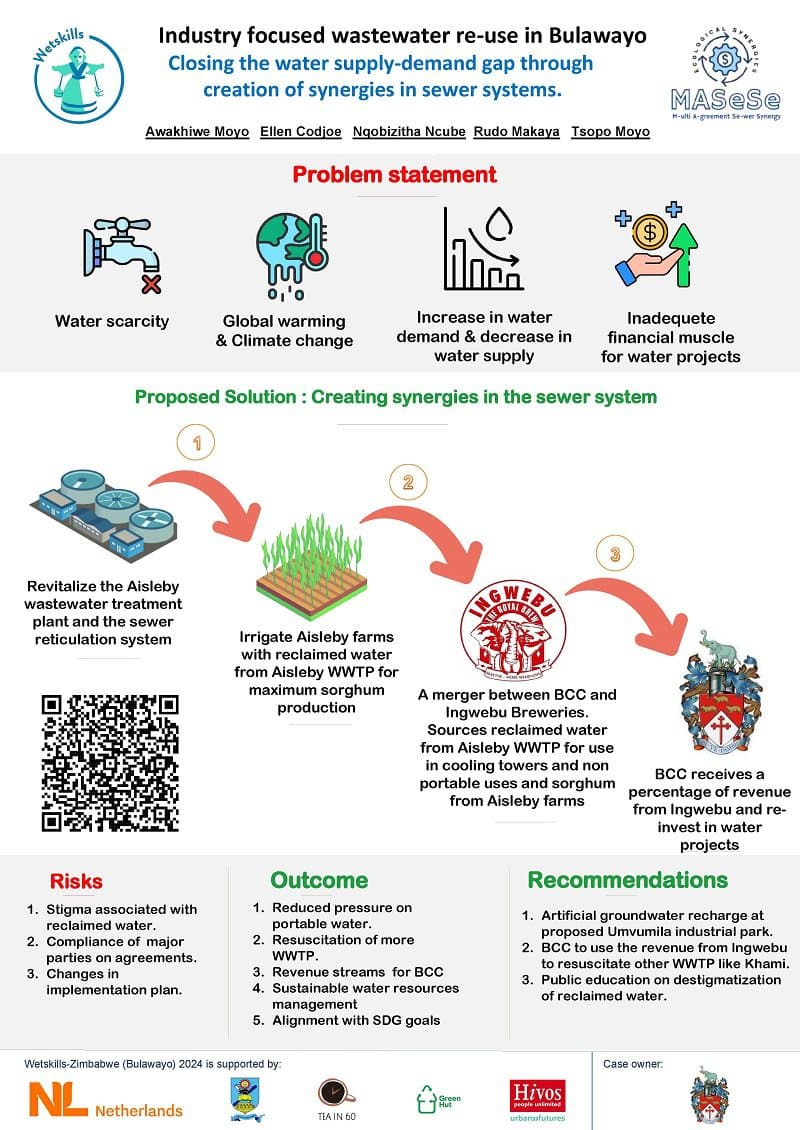
- This event has passed.
Wetskills-Zimbabwe (Bulawayo) 2024
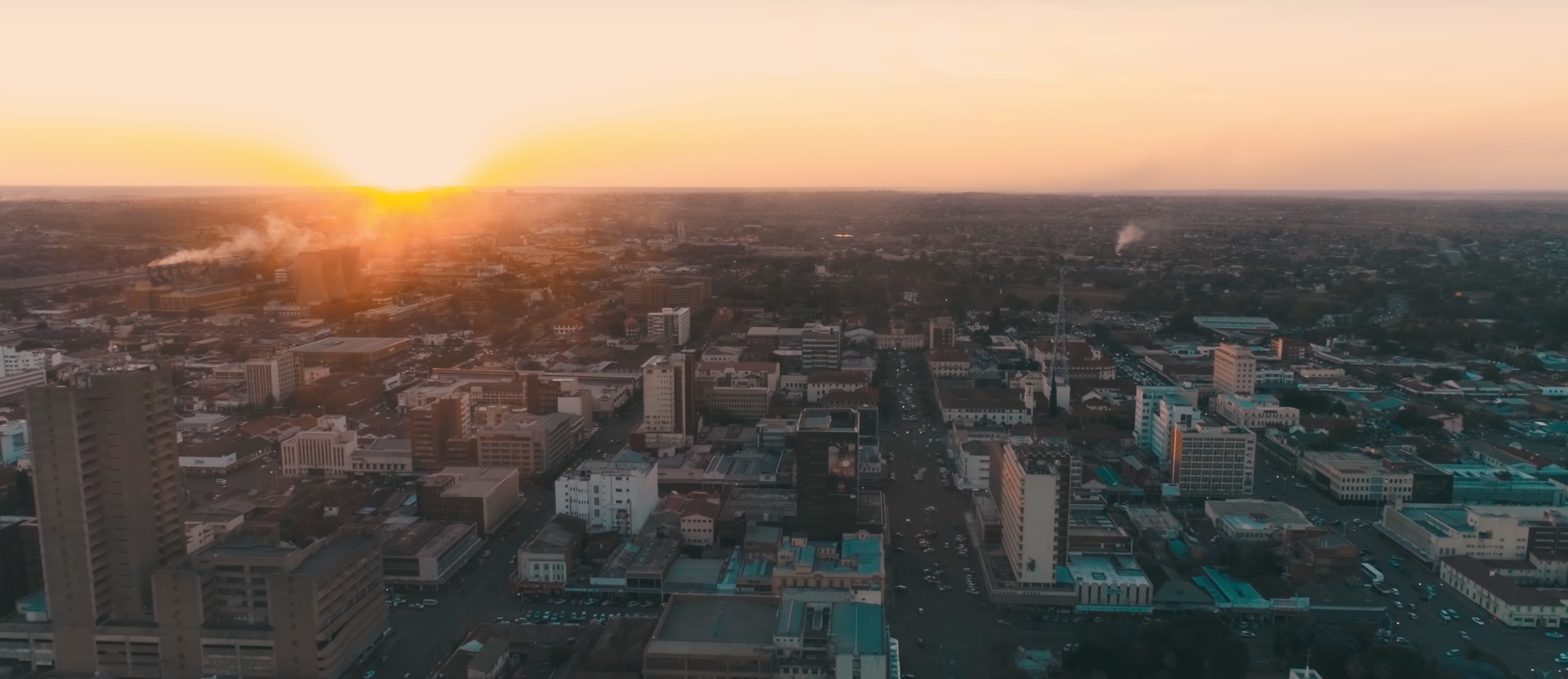

Wetskills-Zimbabwe 2024: Fostering Youth-Driven Resilience Solutions for Hydroclimatic Challenges
Discover the charm and beauty of Bulawayo, the City of Kings, during an enriching fortnight dedicated to water innovation. The Wetskills Foundation, in collaboration with the Bulawayo City Council and the esteemed National University of Science and Technology (NUST), is proud to introduce the inaugural Wetskills Challenge in Zimbabwe. From the 13th to the 26th of September 2024, we addressed pressing challenges amplified by climate change and human activities, including droughts, floods, and water quality degradation.
Wetskills Challenges are a unique blend of hands-on learning, networking, and knowledge exchange. Participants will not only develop creative solutions to sustainable agriculture, climate-smart solutions, water reuse, catchment management initiatives, improved water resource management, and entrepreneurship aligned with water resilience and sustainability in Zimbabwe and beyond, but also gain practical skills that will be invaluable in their future careers.
With 22 participants in this event – from Zimbabwe, Ghana and the Netherlands – working in interdisciplinary teams, we addressed cases on water scarcity, water quality, and innovative water management strategies in the context of climate change. Follow us in this great event!
Watch the great event movie!
Drone tour of the City of Bulawayo
Event info

Follow Wetskills
Joining this Wetskills Event – What do you get?
A unique learning experience where you will tackle real-life water challenges with your team!
- You will develop expertise in international cooperation, problem-solving, cross-cultural understanding, and interdisciplinary teamwork.
- You will hone your networking and presentation abilities through pitch and poster sessions
- You will get the opportunity to connect with other international and regional water students/young professionals.
- You will immerse yourself in the vibrant city of Bulawayo exploring water-related sites and engaging with local water professionals.
- You will learn and deepen your understanding of the Zimbabwean water sector, gaining insights into key stakeholders, organisations, contemporary issues, and existing business opportunities.
- Upon program completion, receive a certificate of participation, officially joining the ranks of over 1350 Wetskills Alumni.
More information
For additional information regarding participation and other details, please contact Craig Tinashe Tanyanyiwa, craig.tinashe@wetskills.com (Zimbabwe event) or Johan Oost, johan.oost@wetskills.com (Wetskills in general).
Event Blogs

“The Drought Rangers” Winning Team of Wetskills Zimbabwe 2024
The Finals
Football, teamwork and competition
A bit of a breather!
A Sense Of Purpose
Event Cases

Case 1: Drought Preparedness and Resilience
Case owner: City of Bulawayo (Water and Sanitation Department)
Bulawayo, Zimbabwe’s second-largest city, faces recurring droughts, a crisis exacerbated by climate change. These droughts significantly threaten the city’s water security and economic stability. This case highlights the gravity of Bulawayo’s water challenges and the urgent need for a robust drought response strategy. The task at hand is to formulate a conceptual plan that integrates civic engagement, technical solutions, and exploration of alternative water sources. The ultimate goal is to enhance Bulawayo’s resilience against drought, ensuring sustainable development and long-term viability amid escalating climate uncertainties.
Case 2: Urban Food Resilience with Climate-Smart Systems
Case owner: Green Hut Trust (NGO in Bulawayo)
The Urban Futures project of NGO Green Hut, seeks to improve the climate resilience of urban food systems in Bulawayo. The unpredictable rainfall patterns and prolonged dry spells due to climate change has significantly affected agricultural activities in the city. The Urban Futures project works with young people to find innovative solutions, through climate-smart agri-food systems, wastewater reuse for irrigation and capacity building for youth farmers. In this challenge, we are seeking innovative, easy to adopt methods for wastewater reuse, that will help promote sustainable and safe food production in Bulawayo.
Case 3: Catchment Caretakers for Sustainable Water Supply
Case owner: City of Bulawayo (Water and Sanitation Department)
Bulawayo, Zimbabwe’s second-largest city, is facing the challenge to enhance the resilience against drought, ensuring sustainable development and long-term viability in the face of escalating climate uncertainties, by developing on an upstream approach. This case presents an opportunity to protect the catchment area where the city’s dams are located and maximize inflows to the dams. Tasked with formulating a comprehensive catchment plan, participants are called upon to develop a plan that ensures sustainable management of the UMzingwane catchment, safeguarding water quality, quantity and ecosystem health while supporting socio-economic development and community well-being.
Case 4: Industry-Focused Water Use
Case owner: City of Bulawayo (Water and Sanitation Department)
Bulawayo primary surface water sources, including 5 dams, are unable to meet the escalating demand, exacerbated by frequent droughts. Despite efforts to bolster supply by tapping into the Mtshabezi dam and extracting groundwater from the Nyamandlovu Aquifer, the demand continues to outstrip supply. Future projections indicate a potential doubling of water demand in 20 to 40 years, underscoring the need to urgently explore alternative water sources such as water recycling for industry use. The challenge: a plan to tackle water scarcity and water usage, particularly for industries, to support the city to bolster water security, bridge the supply-demand gap, and foster sustainable development.
Event Partners


